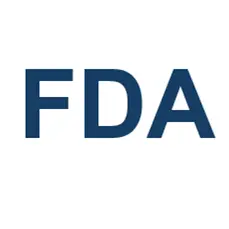Calcium carbonate is a mineral used to add calcium to foods and regulate acidity. It can also serve as a coloring agent.
Calcium Carbonate
Found In
- Antacids
- Beverages
- Candy
- Chewing gum
- Dairy products
- Fortified juices
Also Known As
- E170
The Beverage Bottom Line
Calcium carbonate is authorized for use in the U.S., Europe and Canada.
This ingredient may have authorizations in countries not included on this site.
International Assessments and Authorizations

U.S. Food And Drug Administration (FDA)
Affirmation by FDA this ingredient is generally recognized as safe as a direct human food ingredient. (GRAS FDA-Affirmed)
In 2006 and 2011, dietary reference intakes for calcium were reviewed by the National Academies of Sciences, Engineering and Medicine.
In 2008, FDA approved a health claim for calcium, vitamin D and osteoporosis.
In 1975, the health aspects of carbonates and bicarbonates as food ingredients were evaluated.
This page was last updated on 6/30/2025.



